Top 5 Health Benefits of Coriander
Coriander is a flavoring plant that is often used in foreign recipes. It is derived from the plant Coriandrum sativum and is related to parsley, carrots, and ... read more...celery. Coriandrum sativum seeds are known as coriander in the United States, while its leaves are known as cilantro. They are known as coriander seeds and coriander leaves in other areas of the world. Chinese parsley is another name for this plant. Now, Let's discover the best health benefits of coriander.
-
High blood sugar levels are a risk factor for developing type 2 diabetes. Coriander seeds, extract, and oils may all aid with blood sugar control. In fact, because coriander is so efficient at decreasing blood sugar, persons who have low blood sugar or use diabetic medication should exercise caution while using it. According to animal research, coriander seeds lower blood sugar by boosting enzyme activity that aids in the removal of sugar from circulation.
Research in rats with obesity and high blood sugar indicated that a single dosage of coriander seed extract (9.1 mg per pound of body weight or 20 mg per kg) reduced blood sugar by 4 mmol/L in 6 hours, equivalent to the effects of the blood sugar medicine glibenclamide. A comparable study discovered that the same dose of coriander seed extract reduced blood sugar and boosted insulin release in diabetic rats as compared to control animals.
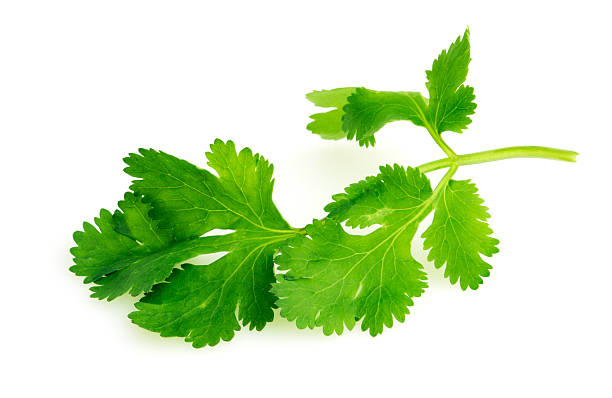
May help lower blood sugar 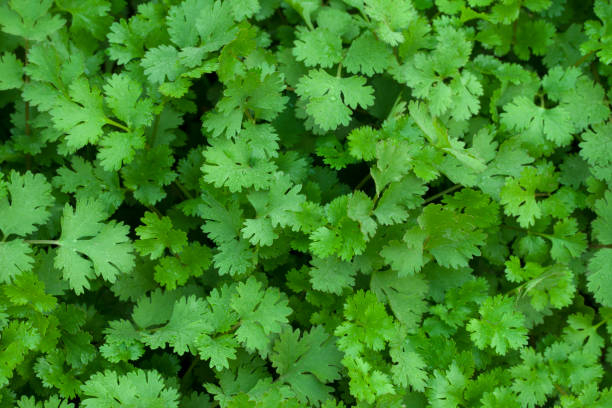
May help lower blood sugar -
Some animal and test-tube studies indicate that coriander may reduce risk factors for heart disease, such as high blood pressure and LDL (bad) cholesterol levels. Coriander extract looks to be a diuretic, assisting your body in flushing out excess salt and water. This has the potential to reduce your blood pressure. According to several studies, coriander may also help decrease cholesterol. One study discovered that rats administered coriander seeds had lower LDL (bad) cholesterol and higher HDL (good) cholesterol levels.
Furthermore, consuming spicy herbs and spices like coriander helps many individuals reduce their salt intake, which may benefit heart health. Rates of heart disease are lower in communities that consume a lot of coriander, among other spices, especially as compared to persons who eat a lot of salt and sugar.
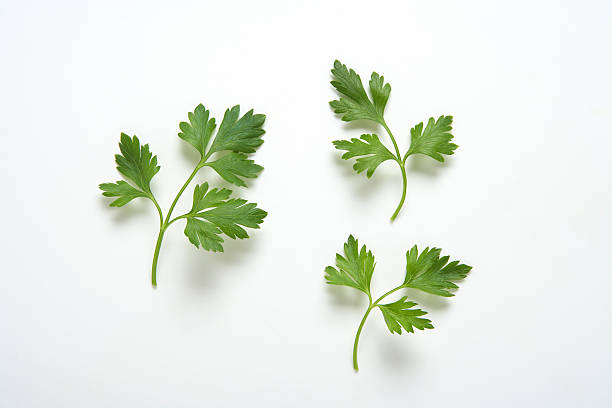
May benefit heart health 
May benefit heart health -
Inflammation is linked to a variety of brain disorders, including Parkinson's, Alzheimer's, and multiple sclerosis. The anti-inflammatory effects of coriander may protect against several disorders. Coriander extract was found to preserve nerve cells after drug-induced seizures in one rat research, most likely due to its antioxidant capabilities.
Coriander leaves boosted cognition in mice, indicating that the herb may have benefits for Alzheimer's disease. Coriander may also aid in the treatment of anxiety. Animal studies show that coriander extract is nearly as efficient in reducing symptoms of this disease as Diazepam, a popular anxiety treatment. The antioxidants in coriander may reduce brain inflammation, improve memory, and reduce anxiety symptoms.

May protect brain health 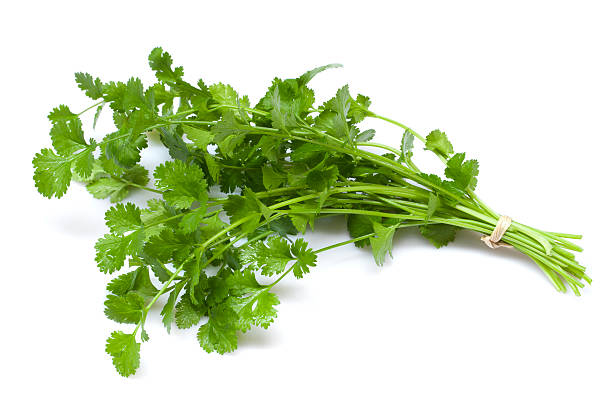
May protect brain health -
Coriander seed oil may help to speed up and support healthy digestion. In an 8-week trial of 32 persons with IBS, 30 drops of a coriander-containing herbal treatment given thrice daily dramatically reduced stomach pain, bloating, and discomfort when compared to a placebo group. In traditional Iranian medicine, coriander extract is used to stimulate hunger. In one rat research, it was found to boost hunger when compared to control rats fed water or nothing.
Coriander contains many antioxidants that protect cells from free radical damage. Its antioxidants have been demonstrated to help your body fight inflammation. According to test-tube and animal research, these chemicals include terpinene, quercetin, and tocopherols, which may have anticancer, immune-boosting, and neuroprotective properties. Coriander seed extract's antioxidants were proven to reduce inflammation and decrease the development of lung, prostate, breast, and colon cancer cells in one test-tube investigation.
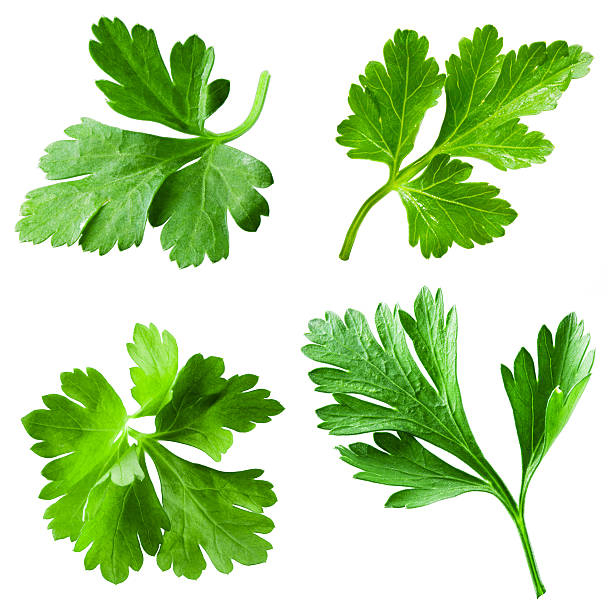
May promote digestion and rich in immune-boosting antioxidants 
May promote digestion and rich in immune-boosting antioxidants -
Coriander contains antibacterial properties, which may aid in the treatment of some diseases including foodborne illnesses. Dodecenal, a coriander component, may help fight germs like Salmonella, which may cause life-threatening food poisoning and affects 1.2 million individuals in the United States each year. Furthermore, one test-tube study discovered that coriander seeds are one of several Indian spices that help combat the germs that cause urinary tract infections. Coriander oil, according to other research, should be utilized in antibacterial formulations due to its capacity to combat foodborne diseases and hospital-acquired infections.
Coriander may offer a number of skin advantages, including relief from minor rashes such as dermatitis. Its extract failed to cure diaper rash in newborns on its own in one trial, but it might be used in combination with other calming substances as an alternate therapy. According to other research, the antioxidants in coriander extract may help prevent cellular damage, which can contribute to accelerated skin aging, as well as skin damage from UVB radiation. Additionally, many individuals use coriander leaf juice to treat skin issues such as acne, pigmentation, oiliness, or dryness. Nonetheless, research into these applications is sparse.
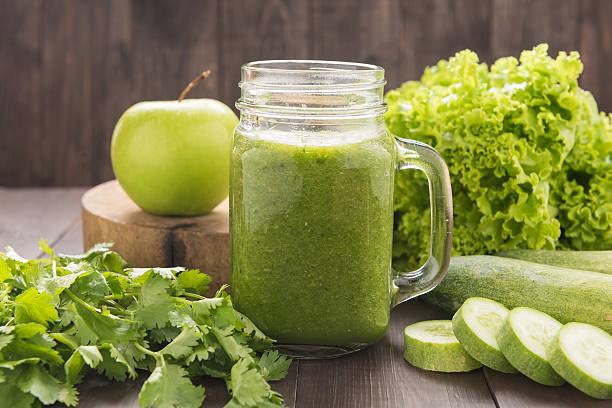
May fight infections and protect your skin 
May fight infections and protect your skin


























